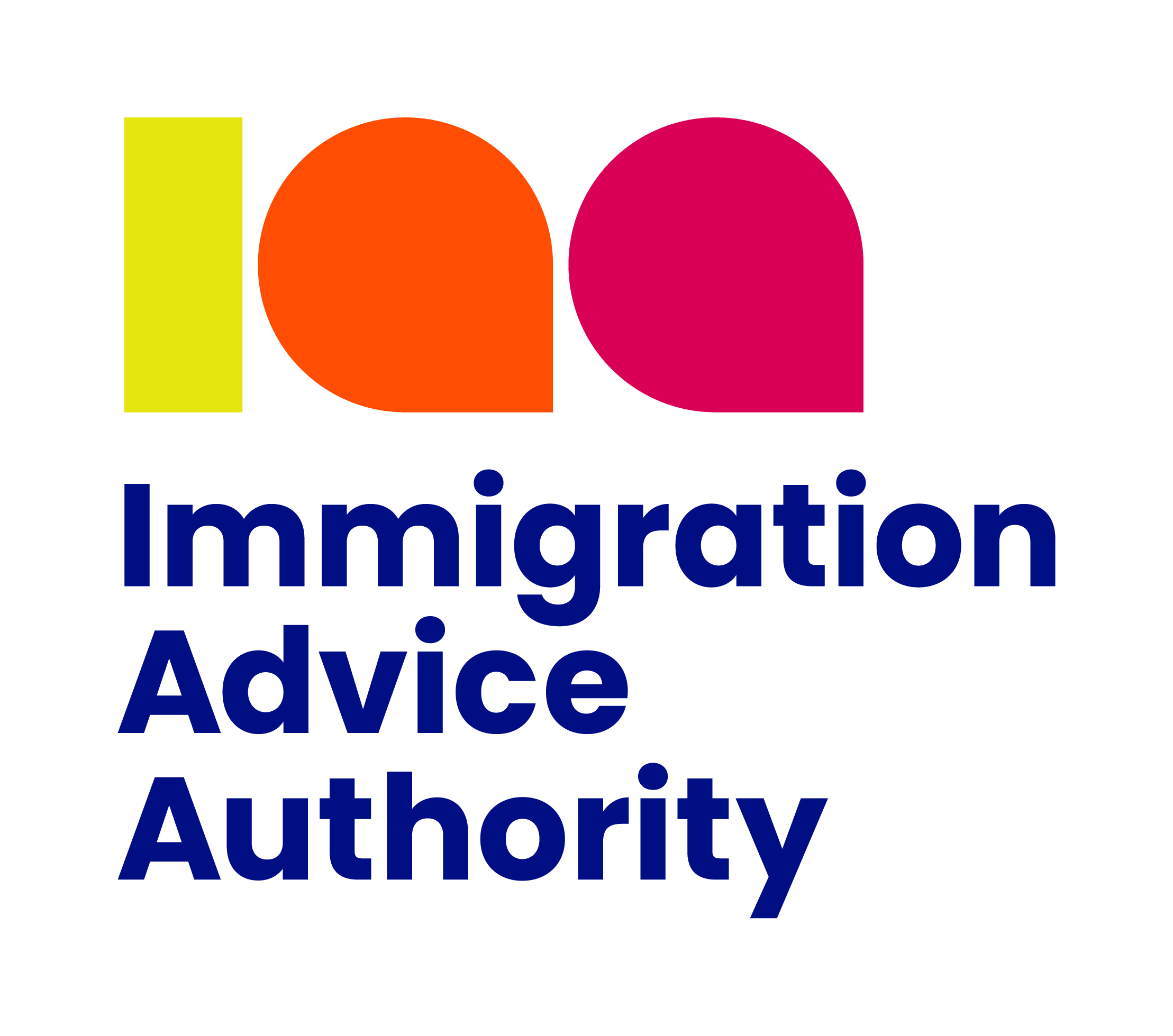UK Immigration Rules For Workers, Students & Individuals
Date: 04 Feb 2026

From 1 December 2020, foreign nationals who want to work or study in the UK, now need to follow a revised set of immigration rules in order to be granted a visa by the Home Office. The UK immigration rules experienced some significant changes from this date, the most fundamental being the proposed extension of the revised Points Based Immigration System to EU nationals from 1 January 2021 which will essentially result in EU and non-EU citizens who want to live, work and study in the UK being treated equally.
If you want to live, work or study in the UK from January 2021 it’s time to learn about the new immigration opportunities available to you. In this article our immigration experts explain the key considerations for individual migrants to help you proactively plan your next chapter in the UK.
The main UK immigration rules after Brexit for workers
Once the Brexit transition period ends on 31December 2020, EU nationals will join non-EU nationals in requiring permission to come and work in the UK through the revised Points Based Immigration System which was introduced on 1 December. This means that a UK employer will require a Sponsor License to hire any foreign worker who will, in turn, require a Certificate of Sponsorship (from the prospective employer) to enable them to apply for a visa to work in the UK.
The revised Points-Based Immigration system introduced a new matrix of qualification, salary and language criteria that have changed the type of job you can apply for in the UK. There are a number of different immigration routes for non-UK citizens wanting to work in the UK after Brexit and each requires a different kind of visa. The main routes are:
- Skilled Worker route (previously Tier 2 General)
- Intra-company Transfers
- Graduate Visa route (expected mid 2021 for those graduating in the UK)
An experienced immigration consultant can advise which route is right for you.
Immigration route for Skilled Workers
The revised Point Based Immigration System re-modelled the generic route for those seeking to work in the UK and re-named it the Skilled Worker route. This route requires individuals to meet a set of mandatory criteria to make up 50 of the required 70 qualifying points including having a job offer for an eligible role, being paid the “going rate” for the job and meeting the relevant English language requirement; they will then need to make up the remaining 20 points through a combination of their qualifications, experience and salary which are being referred to as “tradeable” attributes.
If an individual meets the relevant criteria and points threshold, they will obtain a Skilled Worker visa which can be extended and will eventually lead to settlement or permanent residency. It will also be possible to “switch” into this category in-country from a wider set of immigration categories.
The criteria for a Skilled Worker visa
From 1 January 2021 people coming to work in the UK from anywhere in the world, excluding Irish Citizens, need to comply with UK immigration rules and demonstrate that:
- they have a job offer (ie a Certificate of Sponsorship or COS) from a Home Office licensed sponsor
- the job offer is at the required skill level – RQF 3 or above (A Level and equivalent)
- the salary for the job meets the required minimum threshold of £25,600 or the “going rate” for that job
- they speak the required level of English
- they can accumulate at least 70 points for their attributes
In addition to meeting the mandatory criteria, there are some attributes that applicants can “trade” to ensure they obtain the required 70 points and become eligible to work in the UK. For example, the salary could be lower than the minimum threshold (but no less than £20,480) if the prospective employee has a PhD relevant to the job.
There are some allowances made within the Skilled Worker route for lower-skilled jobs through the shortage occupation scheme if the individual can accumulate 70 points, and the Youth Mobility Scheme which allows young people from a shortlist of countries to work and travel in the UK without a sponsor. Please consult your immigration consultant who can offer guidance based on your individual circumstances and the new UK immigration rules after Brexit.
Applicants will have to wait about three weeks to find out whether their application has been successful. This timeline may be subject to delays during early 2021 as the revised Points Based Immigration System comes into play for EU nationals so we recommend you get started on your application with your immigration consultant as soon as possible.
Immigration route for Low Skilled Workers
Under the revised UK immigration rules after Brexit there is still no immigration route or visa category for Low Skilled Workers such as receptionists, retail assistants, waiters, hairdressers etc. The only people allowed to do low skilled jobs in the UK will be:
- British citizens
- Irish citizens
- and other people who have permission to work in the UK through another route – for instance, EU citizens who are already living in the UK and have been granted pre-settled or settled status under the EU Settlement Scheme.
Immigration route for Students
The UK’s existing Tier 4 (General) student was replaced by, or renamed as, the Student Visa as part of the revised Points Based Immigration System for International Students which took effect from 5 October and will apply to EU nationals from 1 January 2021.
If you are a foreign national and plan to study in the UK from 1 January 2021, you can apply for a Student Visa if you’re 16 or over and you:
- have been offered a place on a course by a licensed educational sponsor
- have enough money to support yourself and pay for your course (this amount varies depending on your circumstance)
- can speak, read, write and understand English
- have consent from your parents if you’re 16 or 17
- pay the required visa fees
If you are eligible for the EU Settlement Scheme (i.e. you or your family member started living in the UK before 1 January 2021) or you are an Irish Citizen you do not need a visa to study in the UK.
There are a number of conditions attached to a Student Visa, for example, you cannot be self-employed or claim benefits from public funds. We recommend that you consult with an immigration consultant to receive guidance tailored to your individual circumstances and ensure your application goes smoothly.
EU citizens already working in the UK
Under the new UK immigration rules any EU citizens working in the UK by 31st December 2020 can continue their employment with no extra paperwork. They and their families must apply under the EU Citizen Settlement Scheme (EUSS) and have until 30 June 2021 to make an application. Irish citizens and certain other individuals, including those with Indefinite Leave to Remain or a claim to British citizenship (either automatically or by registration), are not required to apply under the EUSS. To be eligible each applicant must prove they:
- Resided in the UK before the end of the transition period 31st December 2020
- Don’t have a serious criminal record
You can apply for the EU settlement scheme online or with the support of an immigration consultant; you will need to supply valid identity documents (i.e. passport) and a recent photograph.
Pre-Settled Status vs Settled Status
Most EU citizens who have lived in the UK for more than 5 years can apply for “settled status” and eventually apply for British Citizenship. If you’ve lived in the UK for less than 5 years you will be granted “pre-settled” status and need to complete the 5-year continuous residence period to obtain “settled status”. Once you have “settled status” you can work in the UK, study in the UK, access the NHS and (if eligible) access benefits and pensions.
When do the new UK immigration rules apply?
Free movement for EU nationals will end at 11pm on 31 December 2020 and the revised Points-Based Immigration system, introduced on 1 December (5 October for International Students) will take effect from 1 January 2021; from this date all foreign national (excluding Irish citizens) must follow the new immigration rules to work or study in the UK.
Book a free 30-minute consultation with an immigration expert
If you are a foreign national and have plans to work or study in the UK in 2021, get prepared and start a conversation with an immigration specialist now. At The Yellow Halo, we recognise the need for straightforward immigration advice, particularly with the fundamental changes being caused by Covid-19 and Brexit, and we offer competitive fees with no compromise on expertise, ethics or quality of service. Please get in touch to discuss your individual immigration circumstances and requirements and book your free 30 minute consultation with our immigration experts.




